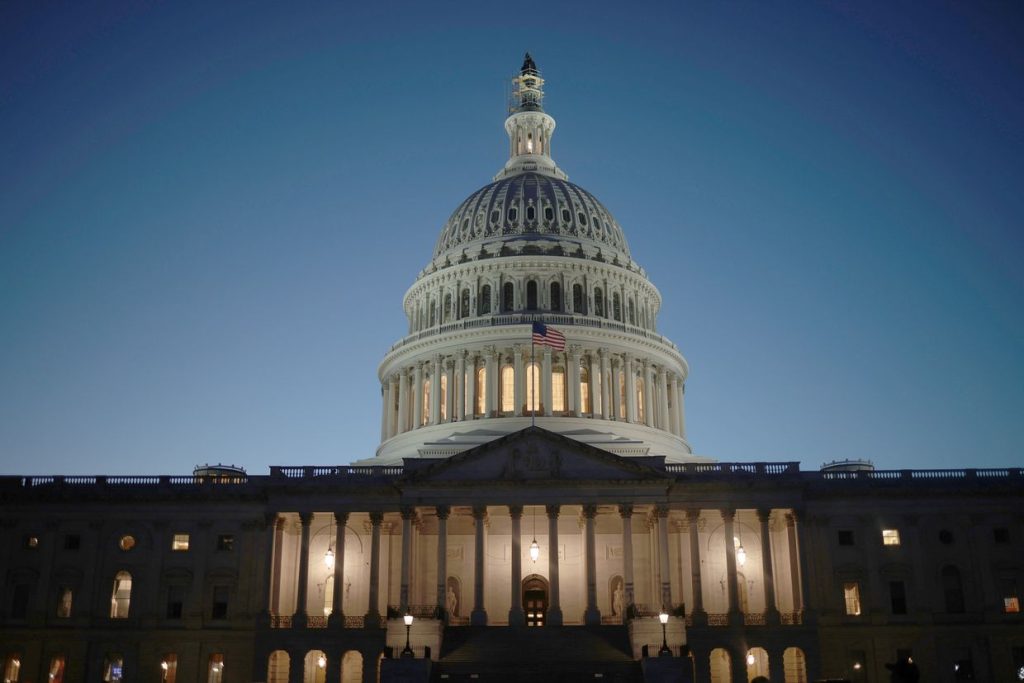The United States passed the REPO Act on April 20, allowing for the confiscation of frozen Russian assets for Ukraine. President Joe Biden signed this legislation, along with a $95 billion foreign aid bill that included $61 billion for Kyiv. The bill aims to liquidate immobilized Russian assets held in the U.S. to support Ukraine’s reconstruction and war efforts. However, legal barriers and lobbying have delayed the transfer of funds to Ukraine. The bill addresses Russia’s violation of international law, paving the way for asset confiscation, but it is ultimately up to President Biden to decide whether to utilize the assets.
Russian assets in the U.S. amount to only $4-5 billion, a small portion of the funds needed for Ukraine’s reconstruction and war costs. The majority of Russian assets are located outside of the U.S., particularly in Europe, totaling around $320 billion in frozen assets. The REPO Act calls for a multilateral effort involving G7 nations, the EU, Australia, and other countries to repurpose these assets. The bill aims to encourage international allies to follow suit in using Russian assets to assist Ukraine economically. However, there are concerns about potential destabilization of Western currencies if other nations pull their assets out of Western countries.
If enacted, the REPO Act proposes that the Secretary of State will disperse the liquidated assets along with the USAID Administrator to support Ukraine in reconstruction and humanitarian efforts. The EU has already agreed to use profits generated from frozen Russian assets within the bloc to assist Ukraine. The G7 nations are also considering using the assets as collateral for loans to Ukraine. Despite these plans, political inertia remains a significant barrier to utilizing the assets. The act moves the process forward, but there is a lack of political willingness, particularly in Europe, to fully implement it.
Opponents of the bill have raised concerns about the potential impact on Western currencies if nations like China or Saudi Arabia withdraw their assets from Western countries. The act clarifies that only Russian assets are covered, emphasizing that the U.S. supports this idea due to the unique circumstances of Russia’s invasion of Ukraine. To address these concerns and prevent destabilization, the bill carefully stipulates that only Russian assets are targeted for confiscation. However, ultimately, the decision to utilize the assets rests with President Biden.
The REPO Act represents a significant step in supporting Ukraine through the repurposing of Russian assets, but challenges remain in implementing the legislation. The bill acknowledges the need for greater transparency in locating Russian assets in the U.S. and highlights the importance of international cooperation in repurposing the assets. While the bill has the potential to provide crucial financial support to Ukraine, significant hurdles, including legal barriers and political inertia, stand in the way of fully utilizing the assets for Ukraine’s benefit. Ultimately, the success of the REPO Act in supporting Ukraine will depend on the actions of President Biden and the willingness of international allies to follow suit.


